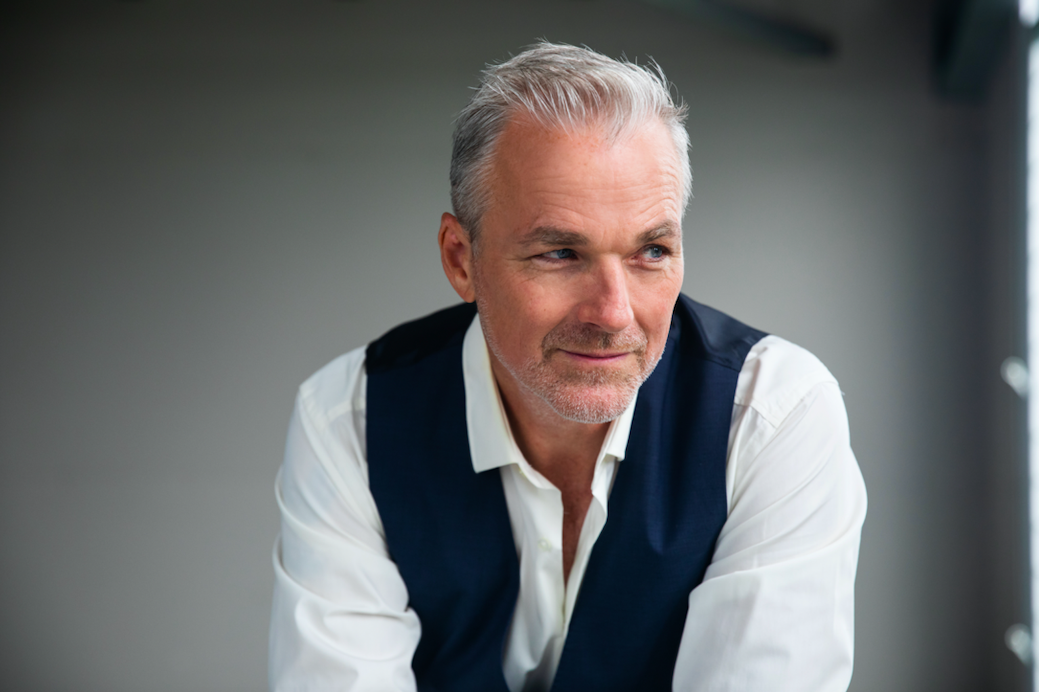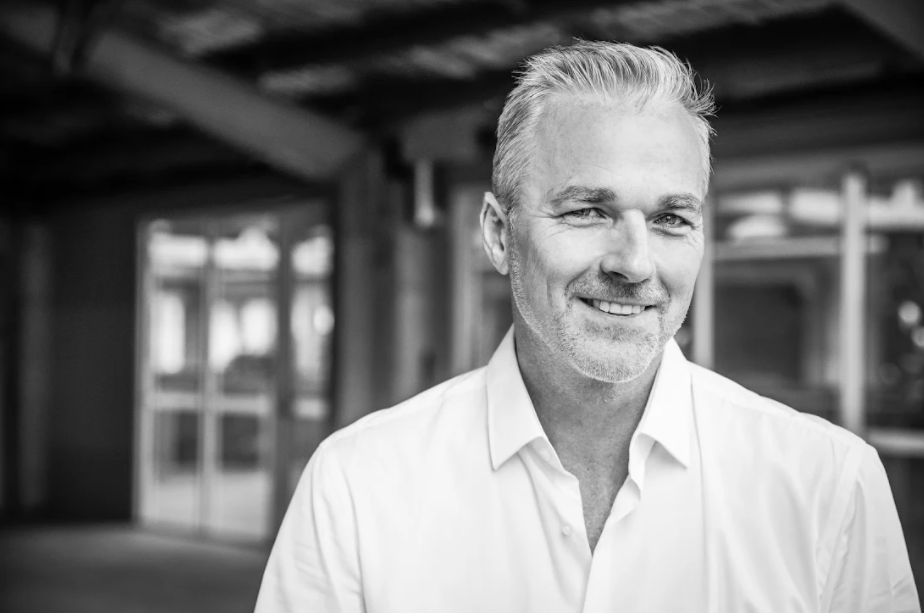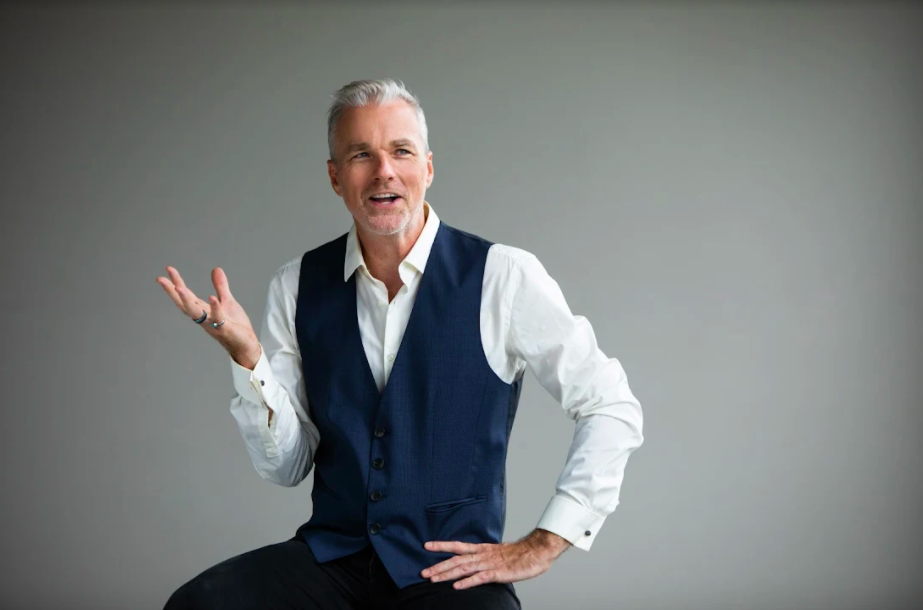Business
The Secret Tips for Entrepreneurial Success

Are there traits or behaviors that help you excel in life? Is it possible to sabotage your success by avoiding certain daily practices? Below is a roundup of five daily habits that, if followed, can increase your chances of standing out from the crowd.
Learn from your mistakes
During our developmental years, we are taught to avoid mistakes at all costs. This attitude carries through life. Employees who make the slightest misstep are petrified. We have a propensity to apportion blame—or punish someone—rather than learn from the situation. This shuts down many perfect opportunities for growth.
Elon Musk takes a different approach. When something goes wrong, it piques his curiosity. He questions everything, looking for valuable insights and take-aways. Instead of pointing an accusing finger, or beating himself up, he’s discovered that the fastest road to improvement is to understand how errors occurred, adjust the process accordingly, and move forward.
Intuition is your inner guide
Being a top entrepreneur is not just cerebral. You also have to learn to rely on your ‘gut’. Intuition, or gut feeling, actually involves the second brain, which resides in the stomach. Our two brains communicate details they’ve picked up—things our conscious minds may have missed. That’s why we get that tingling sensation deep down in our stomachs.
Our brains are powerful ‘pattern recognition machines’ and constantly scan the horizon for details, cues, and threats that we need to be aware of. In fact, the US Navy has been researching this phenomenon for some time and has verified the fact that it is possible for someone to sense danger before it materializes. Even in modern business, with information galore, not all problems can be anticipated. We need to tune in to our inner voice.
Lawrence Ellyard, CEO of the International Institute for Complementary Therapists (IICT), has relied on his intuitive business sense to steer his firm through COVID-related business interruptions. During the recent lockdowns, Ellyard’s firm experienced unprecedented challenges that couldn’t be met with spreadsheets, figures or other usual metrics.
Ellyard says, “As robust as our accounting and reporting functions were, they just couldn’t tell us everything that we needed to know. We had many employees who weren’t able to carry out their work; they were worried about losing income. We had to rely on our instincts. As a leadership team, we found ourselves asking what would be the right thing to do? How should we act in this situation? What are our values and guiding principles?“
Emotional Intelligence is the smartest choice

Emotional intelligence, popularized by psychologist Daniel Goleman, also helped the Australian CEO to navigate the difficulties. Ellyard admits he had to pay careful attention to how he communicated with staff, and also how he managed his own emotions.
“Because leaders have to make tough decisions, and get the job done, they are often driven, direct and unaware of how they make others feel. I found that in the midst of all the tough days we experienced, the atmosphere could get a little fraught. It was crucial for me to understand that everyone was feeling vulnerable. I tried to keep my communication style positive and upbeat and monitored my own stress levels so I didn’t appear angry or upset. Understanding how you operate within a group of people can literally save relationships and ensure that your business does not implode. A business is only as strong as the links you forge with your team.”
Don’t be afraid to stand out from the crowd
Whether it’s setting standards for personal conduct, or deciding on the company direction, successful entrepreneurs forge their own direction—they don’t ‘go with the flow’. Steve Jobs didn’t want to make another grey box as a home computer. No. He bucked the trend. He wanted to create devices that were elegant, intuitive, and at a much higher price point. Many balked at his ambitious plans, including his own company who actually fired him for a period. However, his commitment to his vision eventually turned Apple into arguably the most influential company in the world, with unrivalled profit margins.
You have to back yourself

Ellyard advises aspiring entrepreneurs to have unshakable confidence in their vision, and in their abilities, whilst maintaining humility. He says, “It’s a fine line between hubris and self-belief. You want to maintain a humility that engenders support and brings people onboard. I find that leaders have to constantly guard against ego, as it can be off-putting. Don’t kid yourself that you’re some kind of Superman and you can do everything. No, you need a team around you; you need the support of others who complement your skill set. But, also, you can’t lead by committee. You have to be a leader with a clear vision. You have to give people something to aim for.”
Business
High Volume, High Value: The Business Logic Behind Black Banx’s Growth

In fintech, success no longer hinges on legacy prestige or brick-and-mortar branches—it’s about speed, scale, and precision. Black Banx, under the leadership of founder and CEO Michael Gastauer, has exemplified this model, turning its high-volume approach into high-value results.
The company’s Q1 2025 performance tells the story: $1.6 billion in pre-tax profit, $4.3 billion in revenue, and 9 million new customers added, bringing its total customer base to 78 million across 180+ countries.
But behind the numbers lies a carefully calibrated business model built for exponential growth. Here’s how Black Banx’s strategy of scale is redefining what profitable banking looks like in the digital age.
Scaling at Speed: Why Volume Matters
Unlike traditional banks, which often focus on deepening relationships with a limited set of customers, Black Banx thrives on breadth and transactional frequency. Its digital infrastructure supports onboarding millions of users instantly, with zero physical presence required. Customers can open accounts within minutes and transact across 28 fiat currencies and 2 cryptocurrencies (Bitcoin and Ethereum) from anywhere in the world.
Each customer interaction—whether it’s a cross-border transfer, crypto exchange, or FX transaction—feeds directly into Black Banx’s revenue engine. At scale, these micro-interactions yield macro results.
Real-Time, Global Payments at the Core
One of Black Banx’s most powerful value propositions is real-time cross-border payments. By enabling instant fund transfers across currencies and countries, the platform removes the frictions associated with SWIFT-based systems and legacy banking networks.
This service, used by individuals and businesses alike, generates:
- Volume-based revenue from transaction fees
- Exchange spreads on currency conversion
- Premium service income from business clients managing international payroll or vendor payments
With operations in underserved regions like Africa, South Asia, and Latin America, Black Banx is not only increasing volume—it’s tapping into fast-growing financial ecosystems overlooked by legacy banks.
The Flywheel Effect of Crypto Integration
Crypto capabilities have added another dimension to the company’s high-volume model. As of Q1 2025, 20% of all Black Banx transactions involved cryptocurrency, including:
- Crypto-to-fiat and fiat-to-crypto exchanges
- Crypto deposits and withdrawals
- Payments using Bitcoin or Ethereum
The crypto integration attracts both retail users and blockchain-native businesses, enabling them to:
- Access traditional banking rails
- Convert assets seamlessly
- Operate with lower transaction fees than those found in standard financial systems
By being one of the few regulated platforms offering full banking and crypto support, Black Banx is monetizing the convergence of two financial worlds.
Optimized for Operational Efficiency
High volume is only profitable when costs are contained—and Black Banx has engineered its operations to be lean from day one. With a cost-to-income ratio of just 63% in Q1 2025, it operates significantly more efficiently than most global banks.
Key enablers of this cost efficiency include:
- AI-driven compliance and customer support
- Cloud-native architecture
- Automated onboarding and KYC processes
- Digital-only servicing without expensive physical infrastructure
The outcome is a platform that not only scales, but does so without sacrificing margin—each new customer contributes to profit rather than diluting it.
Business Clients: The Value Multiplier
While Black Banx’s massive customer base is largely consumer-driven, its business clients are high-value accelerators. From SMEs and startups to crypto firms and global freelancers, businesses use Black Banx for:
- International transactions
- Multi-currency payroll
- Crypto-fiat settlements
- Supplier payments and invoicing
These clients tend to:
- Transact more frequently
- Use a broader range of services
- Generate significantly higher revenue per user
Moreover, Black Banx’s API integrations and tailored enterprise solutions lock in these clients for the long term, reinforcing predictable and scalable growth.
Monetizing the Ecosystem, Not Just the Account
The genius of Black Banx’s model is that it monetizes not just accounts, but entire customer journeys. A user might:
- Onboard in minutes
- Deposit funds from a crypto wallet
- Exchange currencies
- Pay an overseas vendor
- Withdraw to a local bank account
Each of these actions touches a different monetization lever—FX spread, transaction fee, crypto conversion, or premium service charge. With 78 million customers doing variations of this at global scale, the cumulative financial impact becomes immense.
Strategic Expansion, Not Blind Growth
Unlike many fintechs that chase customer acquisition without a clear monetization path, Black Banx aligns its growth with strategic market opportunities. Its expansion into underbanked and high-demand markets ensures that:
- Customer acquisition costs stay low
- Services meet genuine needs (e.g., cross-border income, crypto access)
- Revenue per user grows over time
It’s not just about acquiring more customers—it’s about acquiring the right customers, in the right markets, with the right needs.
The Future Belongs to Scalable Banking
Black Banx’s ability to transform high-volume engagement into high-value profitability is more than just a fintech success—it’s a signal of what the future of banking looks like. In a world where agility, efficiency, and inclusion define competitive advantage, Black Banx has created a blueprint for digital banking dominance.
With $1.6 billion in quarterly profit, nearly 80 million users, and services that span the globe and the blockchain, the company is no longer just scaling—it’s compounding. Each new user, each transaction, and each feature builds upon the last.
This is not the story of a bank growing.
This is the story of a bank accelerating.
-

 Tech4 years ago
Tech4 years agoEffuel Reviews (2021) – Effuel ECO OBD2 Saves Fuel, and Reduce Gas Cost? Effuel Customer Reviews
-

 Tech6 years ago
Tech6 years agoBosch Power Tools India Launches ‘Cordless Matlab Bosch’ Campaign to Demonstrate the Power of Cordless
-

 Lifestyle6 years ago
Lifestyle6 years agoCatholic Cases App brings Church’s Moral Teachings to Androids and iPhones
-

 Lifestyle4 years ago
Lifestyle4 years agoEast Side Hype x Billionaire Boys Club. Hottest New Streetwear Releases in Utah.
-

 Tech7 years ago
Tech7 years agoCloud Buyers & Investors to Profit in the Future
-

 Lifestyle5 years ago
Lifestyle5 years agoThe Midas of Cosmetic Dermatology: Dr. Simon Ourian
-

 Health6 years ago
Health6 years agoCBDistillery Review: Is it a scam?
-

 Entertainment6 years ago
Entertainment6 years agoAvengers Endgame now Available on 123Movies for Download & Streaming for Free
